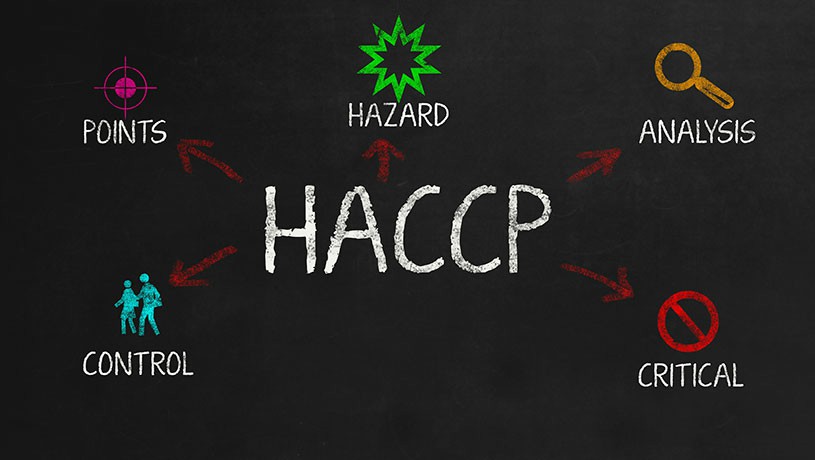


 349,500 Offered Certificates
349,500 Offered Certificates
 24/7 Online Training
24/7 Online Training
 Money Back Guarantee
Money Back Guarantee
 Fully Accredited Courses
Fully Accredited Courses

Created at: 26-02-2025 09:22
In the bustling food industry of Ireland, ensuring food safety is paramount. For restaurants, catering professionals, food manufacturers, and hospitality businesses, HACCP certification is not just an option; it's a necessity. This essential framework is designed to identify, evaluate, and control food safety hazards, safeguarding public health and enhancing industry reputation. In this post, we will explore the importance of HACCP training and how it ensures full compliance with Irish and EU food safety regulations.
HACCP, or Hazard Analysis Critical Control Point, is a systematic approach to food safety that focuses on preventing hazards rather than relying on end-product testing. The HACCP principles are crucial for businesses in Dublin, Cork, Galway, Limerick, Waterford, and Belfast to understand:
Investing in HACCP training provides numerous benefits that directly impact food safety and business performance:
Obtaining HACCP certification involves a series of steps:
With today’s technological advances, businesses can choose between online HACCP training and in-person courses. Online courses offer flexibility, allowing staff to learn at their own pace and revisit materials as needed. In-person training, however, provides direct interaction and hands-on experience, which some learners may prefer. Evaluate the needs of your business to choose the best option.
Even with HACCP training, violations can occur if procedures are not followed. Some of the most common violations include:
Preventing these violations requires continuous training, regular audits, and a culture of food safety throughout the organization.
In an era where food safety concerns are pervasive, businesses that prioritize HACCP compliance not only protect their customers but also enhance their reputation. Customers are more likely to choose establishments with solid food safety practices, translating into increased sales and customer loyalty.
In conclusion, HACCP training and certification are non-negotiable for food businesses in Ireland aiming to achieve optimal food safety standards and compliance. Don’t wait until it’s too late; invest in HACCP training courses today to ensure your establishment is protected against food safety hazards and prepared to meet consumer expectations. For inquiries, please contact us at [email protected].